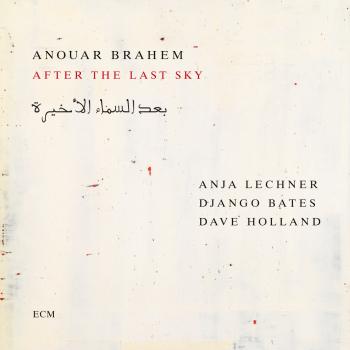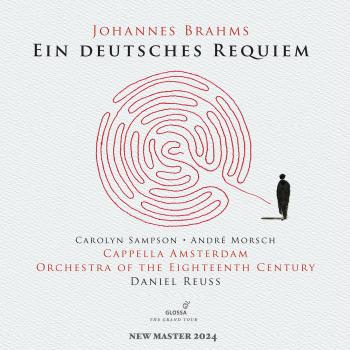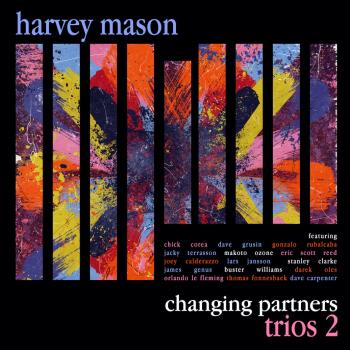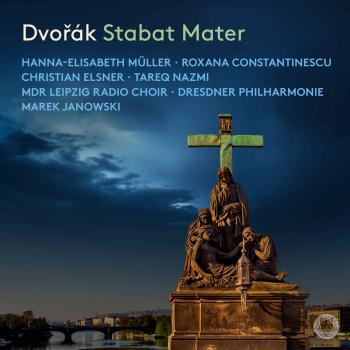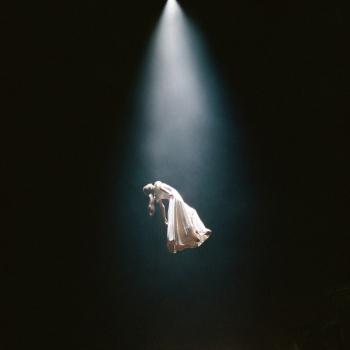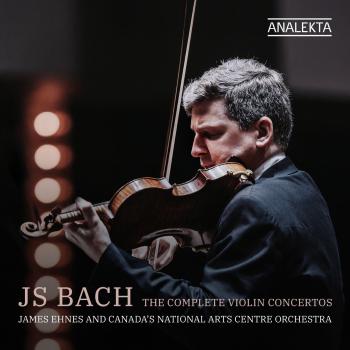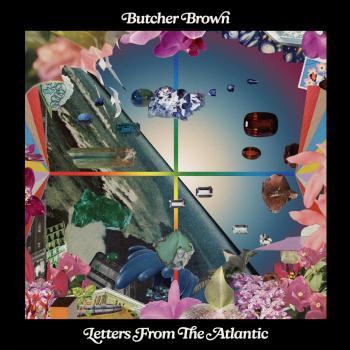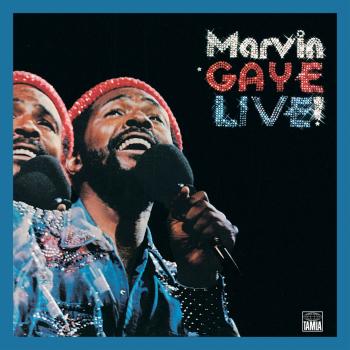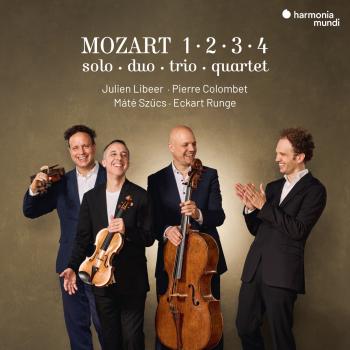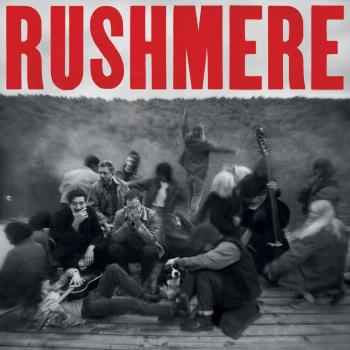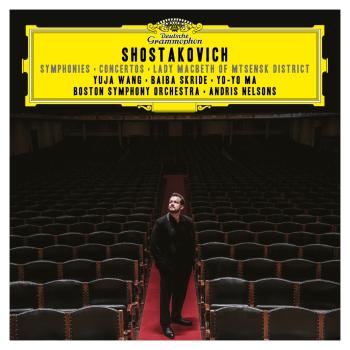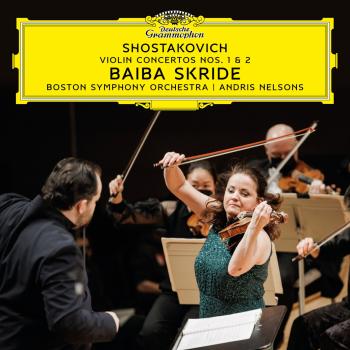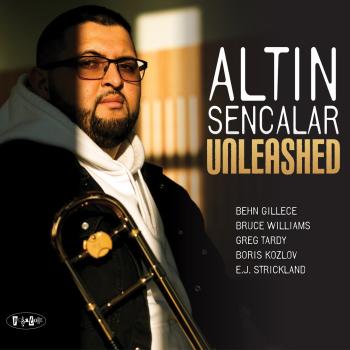
Robert Schumann: Frauenliebe und -leben, Op. 42 - Liederkreis, Op. 24 - Gedichte der Königin Maria Stuart, Op. 135 - Songs from Myrthen, Op. 25 Marianne Beate Kielland, Johannes Weisser & Nils Anders Mortensen
Album info
Album-Release:
2020
HRA-Release:
15.05.2020
Label: Lawo Classics
Genre: Classical
Subgenre: Vocal
Artist: Marianne Beate Kielland, Johannes Weisser & Nils Anders Mortensen
Composer: Robert Schumann (1810-1856)
Album including Album cover
- Robert Schumann (1810 - 1856): Myrthen, Op. 25:
- 1 Myrthen, Op. 25: No. 3, Der Nussbaum 02:43
- Frauenliebe und -leben, Op. 42:
- 2 Frauenliebe und -leben, Op. 42: I. Seit ich ihn gesehen 02:21
- 3 Frauenliebe und -leben, Op. 42: II. Er, der Herrlichste von allen 02:59
- 4 Frauenliebe und -leben, Op. 42: III. Ich kann's nicht fassen 01:43
- 5 Frauenliebe und -leben, Op. 42: IV. Du Ring an meinem Finger 02:27
- 6 Frauenliebe und -leben, Op. 42: V. Helft mir, ihr Schwestern 01:50
- 7 Frauenliebe und -leben, Op. 42: VI. Süsser Freund, du blickest 04:17
- 8 Frauenliebe und -leben, Op. 42: VII. An meinem Herzen 01:20
- 9 Frauenliebe und -leben, Op. 42: VIII. Nun hast du mir den ersten Schmerz getan 03:46
- Myrthen, Op. 25:
- 10 Myrthen, Op. 25: No. 7, Die Lotosblume 01:23
- Liederkreis, Op. 24:
- 11 Liederkreis, Op. 24: I. Morgens steh' ich auf 01:01
- 12 Liederkreis, Op. 24: II. Es treibt mich hin 01:11
- 13 Liederkreis, Op. 24: III. Ich wandelte unter den Bäumen 03:38
- 14 Liederkreis, Op. 24: IV. Lieb' Liebchen 00:49
- 15 Liederkreis, Op. 24: V. Schöne Wiege meiner Leiden 04:16
- 16 Liederkreis, Op. 24: VI. Warte, warte, wilder Schiffmann 01:49
- 17 Liederkreis, Op. 24: VII. Berg' und Burgen schau'n herunter 03:53
- 18 Liederkreis, Op. 24: VIII. Anfangs wollt' ich fast verzagen 00:54
- 19 Liederkreis, Op. 24: IX. Mit Myrthen und Rosen 04:03
- Myrthen, Op. 25:
- 20 Myrthen, Op. 25: No. 1, Widmung 02:05
- Gedichte der Königin Maria Stuart, Op. 135:
- 21 Gedichte der Königin Maria Stuart, Op. 135: I. Abschied von Frankreich 01:29
- 22 Gedichte der Königin Maria Stuart, Op. 135: II. Nach der Geburt ihres Sohnes 01:35
- 23 Gedichte der Königin Maria Stuart, Op. 135: III. An die Königin Elisabeth 01:34
- 24 Gedichte der Königin Maria Stuart, Op. 135: IV. Abschied von der Welt 02:45
- 25 Gedichte der Königin Maria Stuart, Op. 135: V. Gebet 01:56
- Myrthen, Op. 25:
- 26 Myrthen, Op. 25: No. 24, Du bist wie eine Blume 01:44
Info for Robert Schumann: Frauenliebe und -leben, Op. 42 - Liederkreis, Op. 24 - Gedichte der Königin Maria Stuart, Op. 135 - Songs from Myrthen, Op. 25
Schumann’s astonishing outpouring of songs in his so-called “Liederjahr” was inspired by his love for Clara, whom he married in September that year after prolonged and acrimonious opposition from her father. Schumann survived the ordeal of court appearances in which Friedrich Wieck attempted to defame his character. Myrthen (Myrtle Wreath), a group of twenty-six songs based on texts by several poets, including Rückert, Goethe, Burns, Byron and Thomas Moore, was published on the day of Schumann’s wedding. It contains many of his most popular songs.
Frauenliebe und -leben, Opus 42 is a sequence of eight songs, a true song-cycle unified by a continuing narrative and recurring musical material. The poems are by Adelbert von Chamisso, who was French-born but grew up in Germany. These verses (previously set in 1836 by Carl Loewe) provided a subject with which Schumann could closely identify – a young woman’s love and life.. From dazzled (“blind”) adoration of her lover, she progresses to marriage, experience of motherhood, and finally bereavement. A sentimental naivety is typical of Chamisso’s earlier work, including Frauenliebe und -leben, and indeed of much German poetry of that time, but Schumann’s sympathetic emotional engagement produces a memorable song-cycle, art of a deeper hue. His music evokes the woman’s fluctuating moods with sensitivity.
Schumann completed his Liederkreis (literally “song-circle”), Opus 24 in a few days during February 1840, setting a sequence of nine poems from Junge Leiden (Youthful Sorrows), the first section of Heine’s Buch der Lieder. Schumann wrote to Clara “while I was composing, my thoughts were only of you.” Here in his first Liederkreis (– a second work of this name, Opus 39, has texts by Eichendorff) and in many other Schumann songs from this period, there are natural parallels with his own fluctuating emotions while courting Clara in spite of her father’s violent opposition. Schumann set Heine’s words more than forty times (most remarkably in his Dichterliebe, Opus 48) but he was inclined to soften the harsh or bitterly ironic tone of some of his poems. Unfortunate in love, Heine took out his frustration and sometimes anguish in his verses, but Schumann was relatively unscarred and his deep affection for Clara prevailed.
The majority of Schumann’s most popular songs (and song-cycles) date from 1840 but his extensive and treasurable work in this genre continued until 1852. At the end of that year he set five poems doubtfully attributed to Mary, Queen of Scots and translated by Gisbert von Vincke – Gedichte der Königin Maria Stuart, Opus 135. Written in one of Schumann’s least productive years, they were his last songs. In 1835 Donizetti had composed an opera based on Schiller’s play about Mary Stuart, but otherwise there is very little music inspired by her life and death. Schumann’s musical language had become understated and simpler, qualities which effectively deepen the poignancy of Mary’s circumstances.
Marianne Beate Kielland, mezzo-soprano
Johannes Weisser, baritone
Nils Anders Mortensen, piano
Marianne Beate Kielland
has established herself as one of the foremost singers of Scandinavia, and is one of the few Norwegian singers to have received a Grammy nomination. The versatile mezzo soprano started her international career as an ensemble member of Staatsoper Hannover. Since then she has been working frequently with leading orchestras and ensembles and enjoying a vast concert repertoire spanning from early 17th century works through to Classical, Romantic and the contemporary eras.
Recent season highlights include Beethoven Missa Solemnis with the 18th Century Orchestra on tour to the Netherlands, Beethoven's Symphony No. 9 with the Bergen Philharmonic, Messiah with Malmö Symphony, Bach's St John Passion with Oslo Philharmonic, St Matthew Passion with BBC Philharmonic, and Haydn Seven Last Words with L'Orchestre de Chambre de Genève. Her recent symphonic and oratorio appearances include Bach's St. Matthew Passion with Oslo Philharmonic, NDR Radiophilharmonie and Cologne Chamber Orchestra, Mass in B minor with Gothenburg Symphony, Gli Angeli Genève and Norwegian Baroque Orchestra, Christmas Oratorio with Tonkünstler Orchestra and Trondheim Symphony Orchestra, Bach Cantatas with Bachstiftung St. Gallen, Couperin's Leçons de ténèbres with The King's Consort, Handel's Messiah with Musica Vitae, Pergolesi's Stabat Mater with Cologne Chamber Orchestra, Haydn's Arianna a Naxos with the Budapest Festival Orchestra, SWR Sinfonieorchester and Anima Eterna, Beethoven's Symphony No. 9 with Oslo Philharmonic, Swedish Chamber Orchestra and at the Sydney Opera House, Mahler's Symphony No. 2 and Das Lied von der Erde with Helsingborg Symphony Orchestra, Songs of a Wayfarer with Trondheim Symphony Orchestra, Berio's Folksongs with Kristiansand Symphony Orchestra.
She has also appeared with other major orchestras and ensembles including Wiener Symphoniker, Bergen Philharmonic, Norwegian Radio Orchestra, Gothenburg Symphony, Iceland Symphony, Mahler Chamber Orchestra, Royal Flemish Orchestra, Akademie für alte Musik Berlin, Concerto Köln, Europa Galante, Les Talens Lyriques, RIAS Kammerchor, Anima Eterna, Le Concert des Nations, Collegium Vocale Gent and Bach Collegium Japan; and has worked with such distinguished conductors as Rinaldo Alessandrini, Fabio Biondi, Harry Christophers, Thomas Dausgaard, John Fiore, Philippe Herreweghe, Manfred Honeck, René Jacobs, Nicholas Kraemer, Andrew Manze, Marc Minkowski, Vasily Petrenko, Daniel Reuss, André de Ridder, Helmut Rilling, Christophe Rousset, Jukka-Pekka Saraste, Federico Maria Sardelli, Jordi Savall, Masaaki Suzuki, Thomas Søndergård and Robin Ticciati.
Ms. Kielland has made more than 40 CD recordings of oratorios, operas, cantatas and songs by Mahler, Bach, Händel, Vivaldi, Caldara, Scarlatti, Beethoven, Schumann, Mussorgsky, Martin, Chausson, Korngold, von Suppé, Schoenberg, Webern, Berg and Sigurd Islandsmoen. In 2012 she was nominated to a GRAMMY Award in the category Best Classical Vocal Solo for the album Veslemøy Synsk, which features works by composers Edvard Grieg and Olav Anton Thommesen. She performs regularly with pianist Nils Anders Mortensen and the duo has appeared across Europe.
This album contains no booklet.

